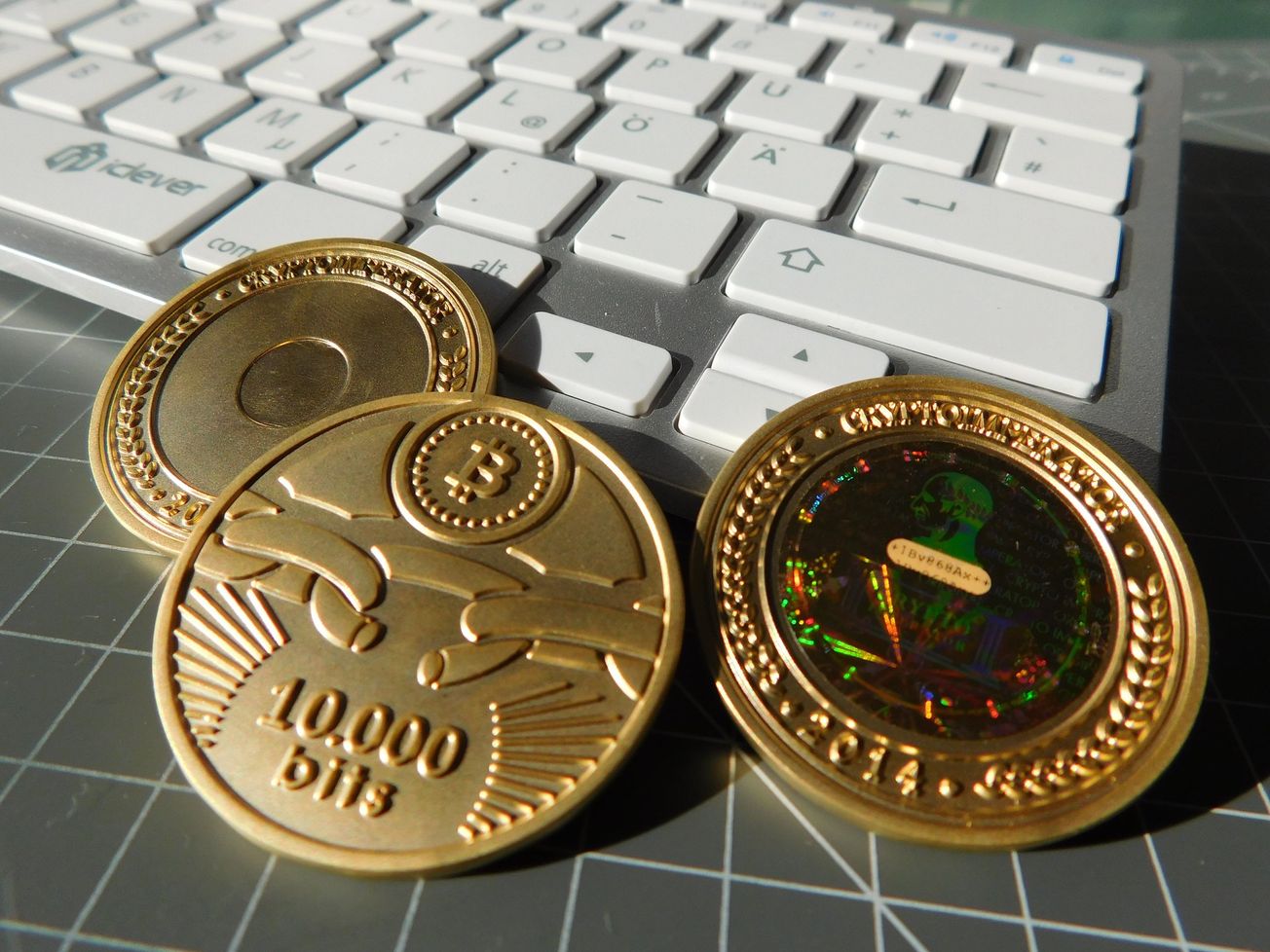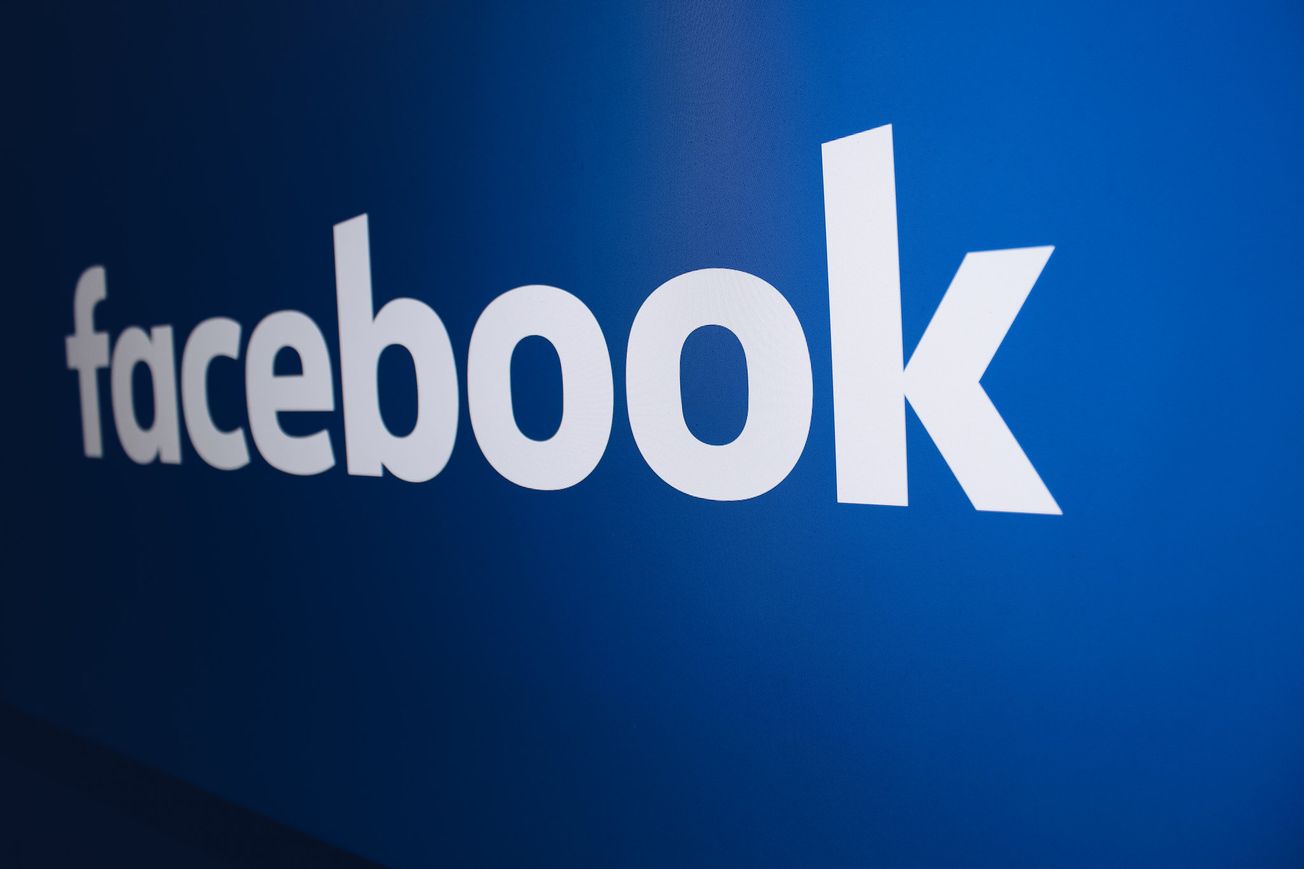Intriguingly, Intel has announced a new app called Unison, with the intention of "seamlessly" connecting Intel-powered computers to smartphones, including both Android and iOS devices.
According to Intel, the "simple pairing process" of the Unison app will allow computers to perform four essential functions of the paired phone. They can make and take calls, send and receive text messages, view photos taken with the phone in a dedicated gallery on the computer, and view and respond to notifications received on the phone (though if Unison is closed, notifications will be displayed in the Windows notification tray).
"The benefit we can bring to a PC user with a well-designed Windows PC is that they won't have to make a decision about their device based on the PC they already have." Intel's vice president of mobile innovation, Josh Newman, told ATK that users of any smartphone, including the iPhone and Android, will be able to connect with this feature. Even if you receive a call or text while working on your laptop, you can simply put your phone back in your bag and continue where you left off.
According to Newman, there may be "subtle differences" between the iOS and Android Unison experiences, but otherwise, the two platforms share the same core features. According to Newman, some more sophisticated messaging features, such as full multiparty messaging, will be unavailable to iPhone users but available to Android users. The extent to which Unison users can respond to notifications from third-party apps may also differ depending on how those apps behave in the iOS and Android platforms.
Unison will debut on "select Intel Evo laptops" from Acer, HP, and Lenovo this year, all of which feature 12th Generation Intel Core processors. According to Newman, Intel has plans to add the capability to "a much broader range" of 13th Gen designs in the following year.
In the case of Samsung, for example, the company's own PCs and mobile devices already have features that can make for a fairly seamless experience. Intel, which has been losing ground to Apple and AMD chips in a number of categories as of late (and, of course, is no longer included in Apple's computers), may find this to be a promising new development. The seamless integration between the MacBook and iPhone has long been a major selling point for Apple's laptop. When an iOS user can check their MacBook for texts and reminders, it can be extremely helpful.
Unison may be able to eat into that advantage by enabling iPhone users (and Android users who aren't loyal to a single manufacturer) to enjoy those perks on an Intel-powered Windows computer.









